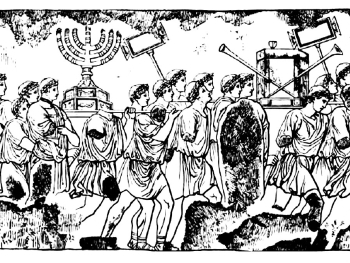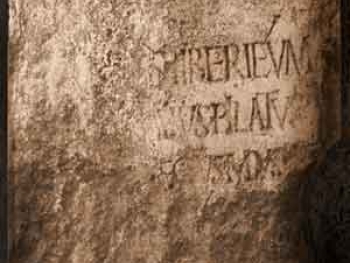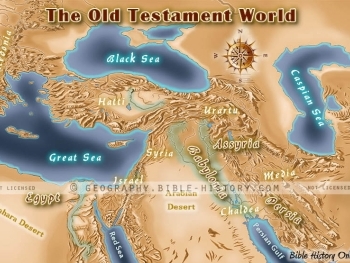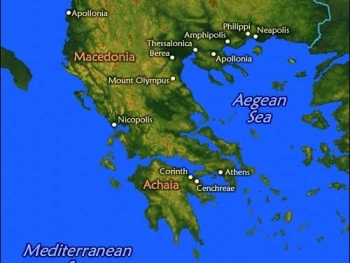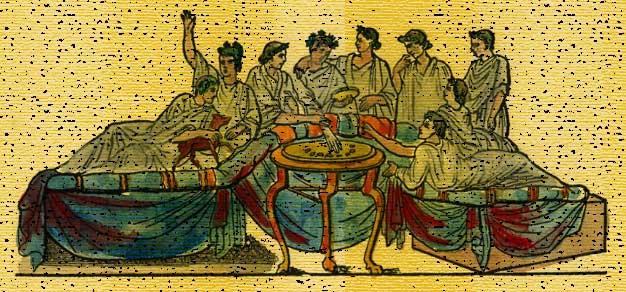
The ancient Hebrews, Egyptians, and Greeks. used to eat sitting on mats spread on the floor. The Romans actually reclined on couches around a table. The couches were arranged forming three sides of a square. The open side was for the servants who would bring the dishes. The three couches were designated highest, middle, and lowest. The highest was the place of honor and he had no one facing his back. The body would lay diagonally on the couch, the head being near the table, and the feet stretched out toward the back of the couch. The left elbow rested on a cushion which supported the upper part of the body, and the right arm was free to eat the food. This way of dining became common throughout the Greco-Roman world.
Source:
